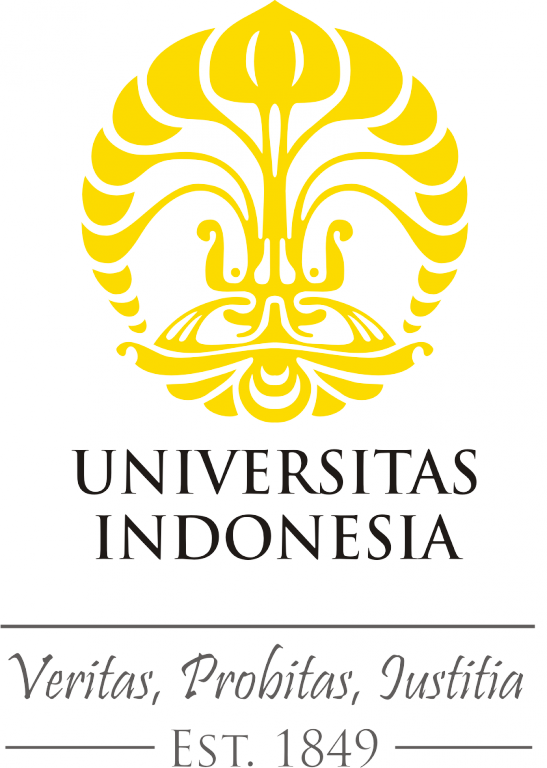
Universitas Indonesia


| Call Number | SEM-217 |
| Collection Type | Indeks Artikel prosiding/Sem |
| Title | Potential Users and Virtual Communities in the Academic World |
| Author | Jose Silvio; |
| Publisher | INET'95 Annual Meeting of the Internet Society Vol. 2 |
| Subject | |
| Location |
| Nomor Panggil | ID Koleksi | Status |
|---|---|---|
| SEM-217 | TERSEDIA |
Physical connectivity problems in networks are being solved at a relatively rapid rate, and the focus of attention has gradually shifted from the infrastructure and technology to the users, resources and information contents. However, a large population of potential users, from very diverse education and research communities, still remain outside of the virtual world. Alongside the development of virtual communities of users, we are witnessing a proliferation of many kinds of non- electronic cooperative academic networks and associations, which have, to a large extent, been furthered by various international organizations. The "non-virtual" communities which have emerged from all these initiatives. are of particular importance to the INTERNET, since they are sources of potential users, starting points for the development of virtual communities, and sources of information resources and contents. Very valuable efforts are also being made by several organizations to support the users and their communities in a systematic fashion. Furthermore, organized efforts have also been made for the purpose of monitoring the evolution of the structure of networks' connectivity, users, services and resources of the "Matrix" worldwide. All these efforts, virtual and non-virtual, user-oriented and network-oriented, should be coordinated in order to and the incorporation, facilitate users and new virtual development of new communities, thereby adding value to networks and to the academic work at the same time. The social dimension of telematics is becoming more evident now, with the discovery of the fact that Cyberspace can be enhanced by the human beings and the new forms of sociability arising from the formation of virtual communities and their information and knowledge resources training